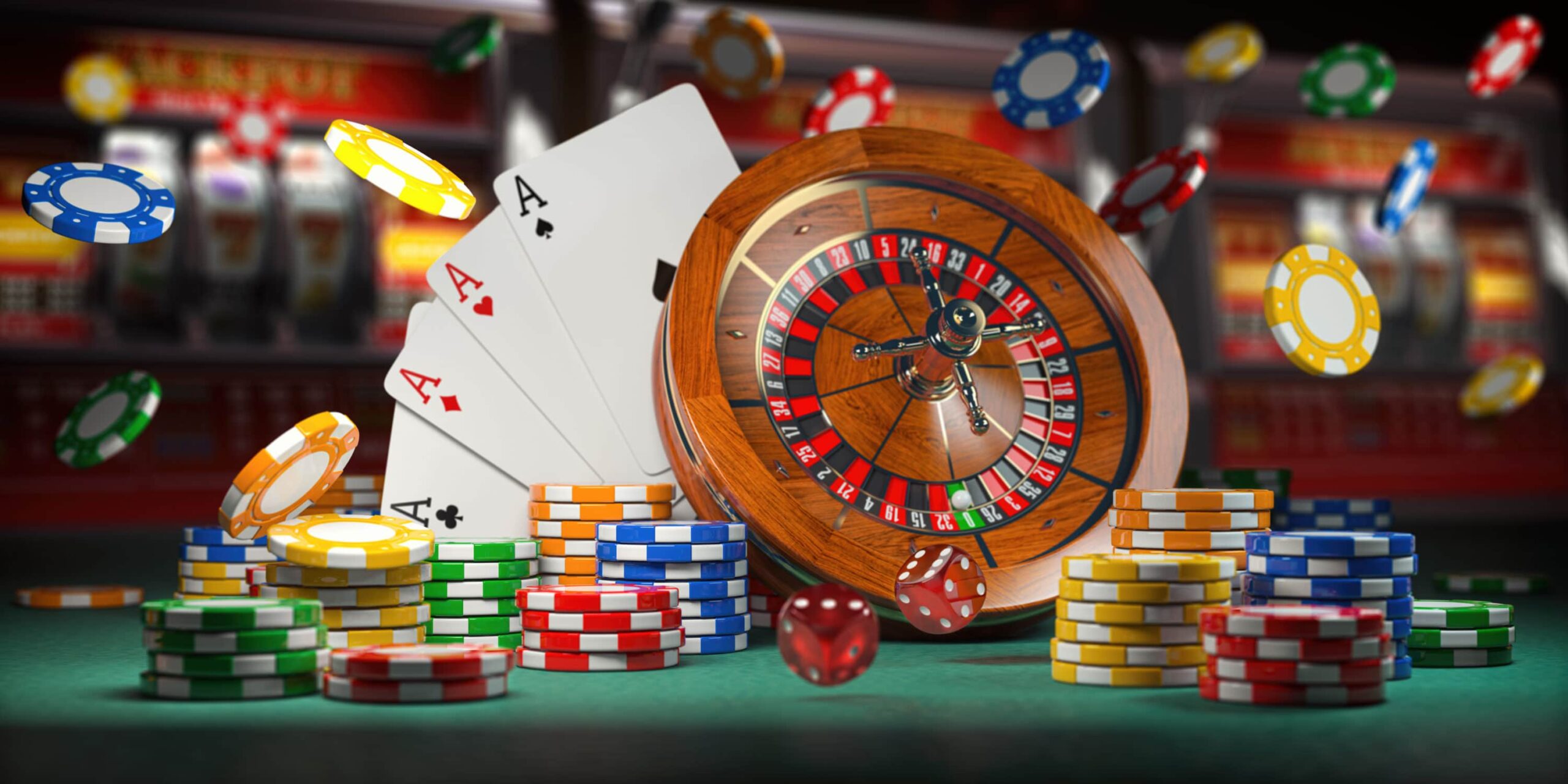Casino Games and Their Influence in Pop Culture

Casino games have long captured the interest of people around the world, becoming an integral part of both leisure and culture. From the glimmering lights of Las Vegas to the immersive experience of virtual casinos, these activities evoke enthusiasm, uncertainty, and sometimes even a sense of remembrance. They are beyond simply hobbies; they have woven themselves into the tapestry of our lives, influencing various aspects from film and songs to clothing and books.
The allure of casino games transcends the betting aspect, tapping into broader themes of serendipity, risk, and psychology. As players convene around a card table or rotate the roulette, they engage in an age-old ritual that connects with our shared desire for excitement and uncertainty. This obsession has led to the rise of countless references in cinema, songs, and video games, showcasing how deeply entrenched these games are in popular culture. Whether it is the high-stakes tension of a traditional robbery film or the colorful nightlife portrayed in recordings, casino games have created a substantial niche that reflects our relationship with risk and reward.
Social Impact of Casino Games
Casino games have played a pivotal role in social contexts throughout history. Originating from old civilizations, games of chance were often connected to ceremonies or gatherings. For example, early iterations of these activities can be traced back to ancient Chinese and the Roman Empire, where dice games and wagering on outcomes were common pastimes. These activities not only served as leisure but also as means of social interaction, facilitating relationships among people within communities.
As cultures evolved, so did the complexity and organization of gambling games. The creation of official casinos in the 17th century, particularly in Italy, marked a significant shift in how games were perceived and organized. With designated spaces for gambling, the casino became a social hub where people from different backgrounds convened. This evolution contributed to the legitimization of gambling, transforming it from a mere pastime into an established industry that shaped economy and regulations. jbo
The impact of gambling games on mainstream culture cannot be understated. As they were brought into the limelight in books and film, games such as Texas Hold’em and 21 became symbols of risk, luck, and tactics. Famous characters and stories have developed around these activities, reflecting societal attitudes towards luck, prosperity, and immorality. This interest with gambling activities has permeated various forms of entertainment, cementing their place in the public imagination and linking them to broader cultural narratives throughout the ages.
Portrayal of Gambling Activities in Media
Casino activities have long been a popular subject in different types of entertainment, reflecting both the fascination and intricacies of the world of gambling. Films such as Ocean’s Eleven and Casino Royal portray individuals who navigate dangerous scenarios, showcasing not only the appeal of the casino atmosphere but also the methods and judgments that come with playing popular games like poker and blackjack. These films often dramatize the thrill of winning and the potential results of losing, encapsulating the risks involved in gambling.
TV programs have also explored the world of casino games, often integrating them into the plot as a context for story progression and drama. Shows like Las Vegas depict the stories of casino workers and customers, highlighting the dynamic, often disorderly energy of the gaming floor. Reality shows featuring intense betting contests further emphasize the appeal of casino games, drawing viewers into the excitement and planning involved in each round. Through these portrayals, media not only engages but also sparks conversations about luck, skill, and the essence of randomness.
Gaming have increasingly included gambling activities into their structure, allowing players to experience the feeling of gambling without financial exposure. Titles within the landscape of online gaming often include virtual slots, online poker, and other popular casino games, creating an engaging environment that mirrors real-life gameplay. These virtual portrayals make gambling activities accessible to a broad demographic, appealing to both gamblers and those who enjoy the rush of simulation. As a result, the portrayal of gambling activities in entertainment continues to shape cultural attitudes and cultural relevance, highlighting their role in society and culture.
Impact of Casino Games on Communities
Casino games have a significant impact on communities, influencing various aspects of societal norms and interpersonal behavior. They often serve as a venue for community engagement, where people come together to enjoy a common activity. Casino trips with friends or visits to casinos become social activities that build connections and create shared moments. This communal aspect boosts the fun value of casino games, making them a favored choice for celebrations and leisure activities.
Additionally, gambling activities have been depicted in countless films, television shows, and literature, shaping perceptions and attitudes towards gaming and betting. Icons like James Bond playing baccarat or the high-stakes poker scenes in films have cemented these games in the shared imagination. This depiction often glamorizes the culture associated with casino activities, drawing in new players and influencing trends in both style and conduct. These portrayals can ignite curiosity and lead to a deeper investigation of the intricacies of gaming.
However, there are also adverse implications linked to the popularity of gambling activities. The allure of quick monetary gain can lead to problem gambling and economic troubles for some individuals. Society must grapple with these consequences, promoting responsible gaming and education of the risks involved. Balancing the entertainment value of casino games with the potential for harm is vital to ensure that they remain a positive aspect of our societal fabric.
